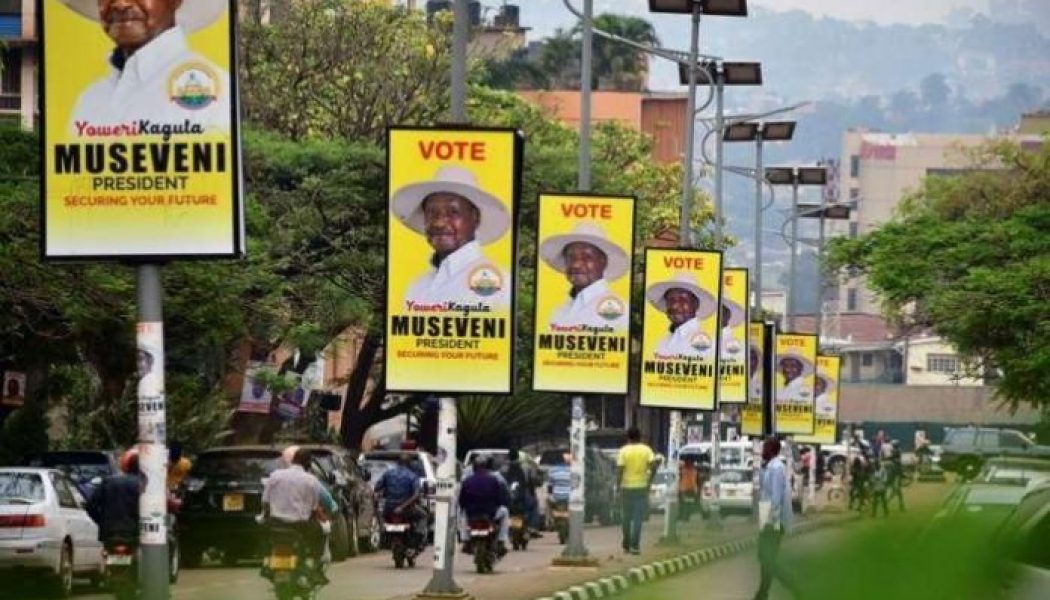Messaging Apps
Why decentralized messaging apps will replace today’s social media platforms
The Russian government has cracked down on foreign social media platforms such as Instagram, Facebook and Twitter, banning them for extremist activists. For protestors, activists and local civilians, these actions have resulted in a significant barrier to communication with the outside world. Furthermore, they have also raised the question of just how easy of a target these apps are for state authorities. With citizens unable to access these platforms, they have little choice but to flee to the next-best still active platforms. However, it isn’t just Russian activists who have taken to alternatives. Consider, for example, Telegram, a cloud-based instant messaging service that has quickly become a place for sharing war footage and other content that may have otherwise been blocked on ...
Uganda’s Yoweri Museveni in commanding election lead, rival alleges fraud
Uganda’s long-time leader Yoweri Museveni held a commanding lead in a presidential election according to partial results on Saturday morning, with final results expected later in the day, though his main rival Bobi Wine alleged widespread fraud. With ballots from 86% of polling stations counted, Museveni had won 5.3 million, or 58.8%, while main opposition candidate Wine had 3.1 million votes (34.6%), the electoral commission said just after 9 a.m. (0600 GMT). The government ordered the internet to be shut down the day before voting on Thursday, and the blackout was still in place. Wine, 38, had galvanised young Ugandans with his calls for political change after 35 years of Museveni, 76, ruling the country. The run-up to the election was more violent than in previous polls. Security forces...



